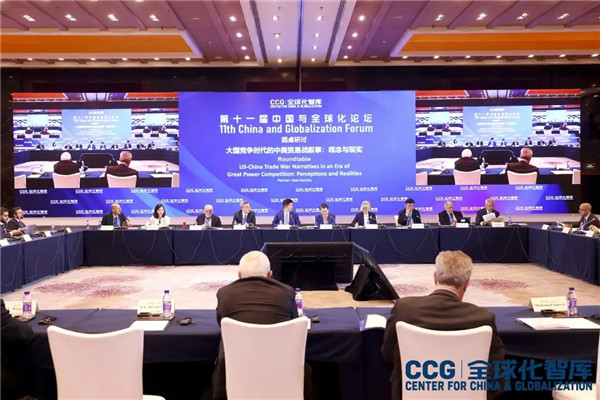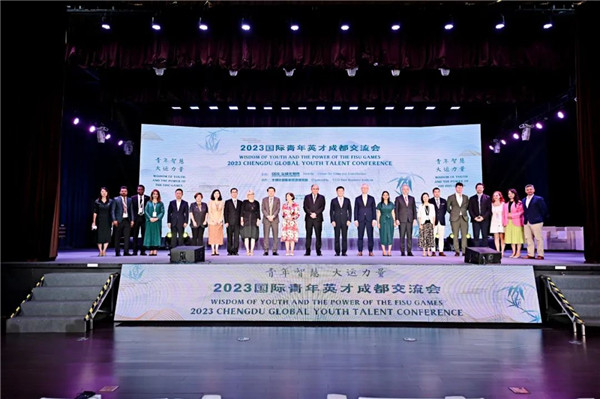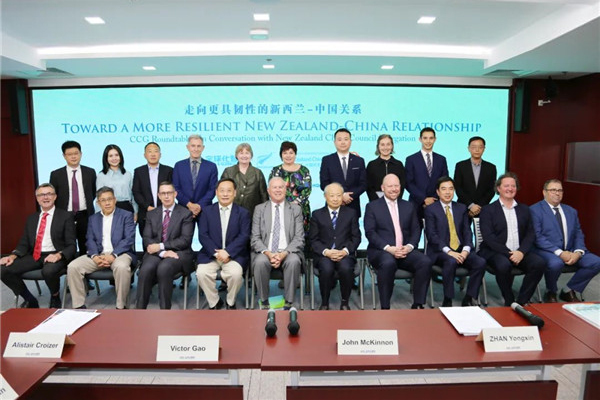CCG holds the online seminar “Coping with a pandemic: perspectives from the global business community”

[Youtube]
[Tencent]
https://v.qq.com/x/page/a0943h2zkva.html
As the whole world struggles to contain the rapid spread of a deadly virus known as COVID-19, the economic fallout is and will be felt far beyond the immediate impact of the virus for a long time to come.Caught in the supply chain disruptions caused by the US-China trade dispute earlier and later China’s nationwide lockdown, multinationals are now enduring multiple pains and uncertainty of a post-pandemic world.
On 1st April, 2020, the Center for China and Globalization (CCG) held the online seminar with the theme of “Coping with a pandemic: perspectives from the global business community”. This event brought together several senior representatives from international chamber of commerce in China, some experts and scholars as well as enterprises to discuss the impacts of the coronavirus on global supply chains, the role of government and the business community playing in tackling the pandemic etc.
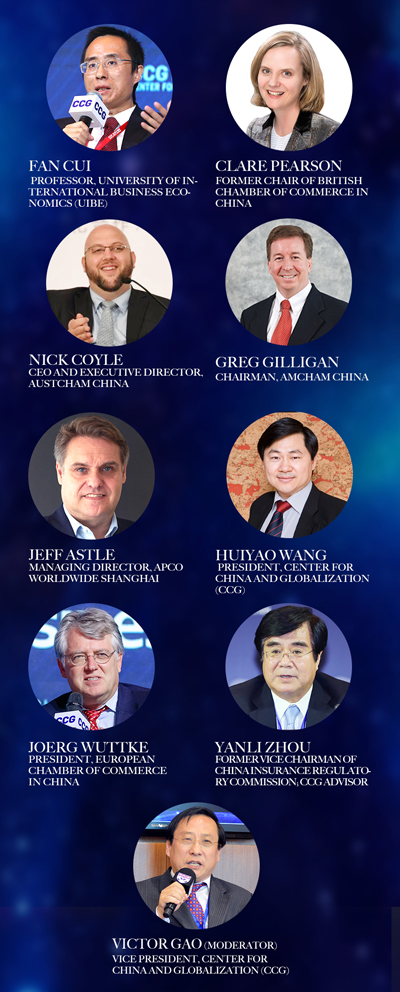
Participants in the seminar included Wang Huiyao, CCG president; Victor Gao, CCG vice president; Jeff Astle, managing director of the APCO Worldwide Shanghai; Nick Coyle, CEO and executive director of the Australian Chamber of Commerce in Beijing; Cui Fan, professor at the University of International Business Economics (UIBE); Greg Gilligan, chairman of the American Chamber of Commerce in China; Clare Pearson, former chair of the British Chamber of Commerce in China; Joerg Wuttke, president of the European Chamber of Commerce in China and Zhou Yanli, CCG advisor and former vice chairman of China Insurance Regulatory Commission.
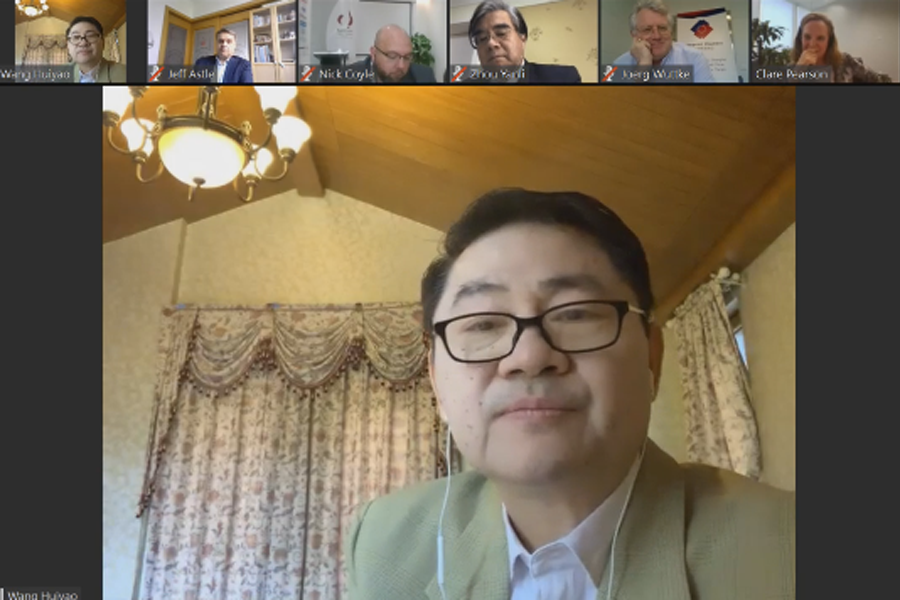
Wang Huiyao, CCG president, pointed out that no countries can face this global crisis alone. He said the world should strengthen multi-level international cooperation to fight the pandemic.
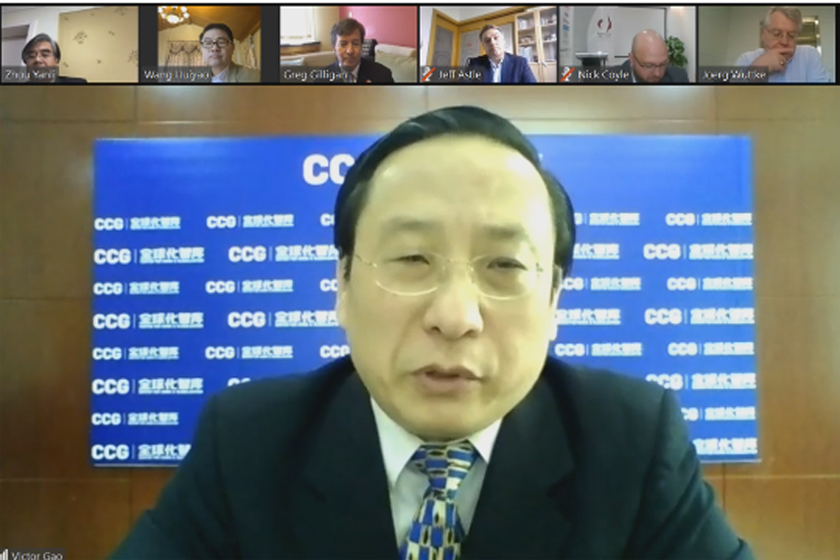
Victor Gao, CCG vice president, said that all kinds of discrimination will make the fallout from the coronavirus even more harmful and dangerous.
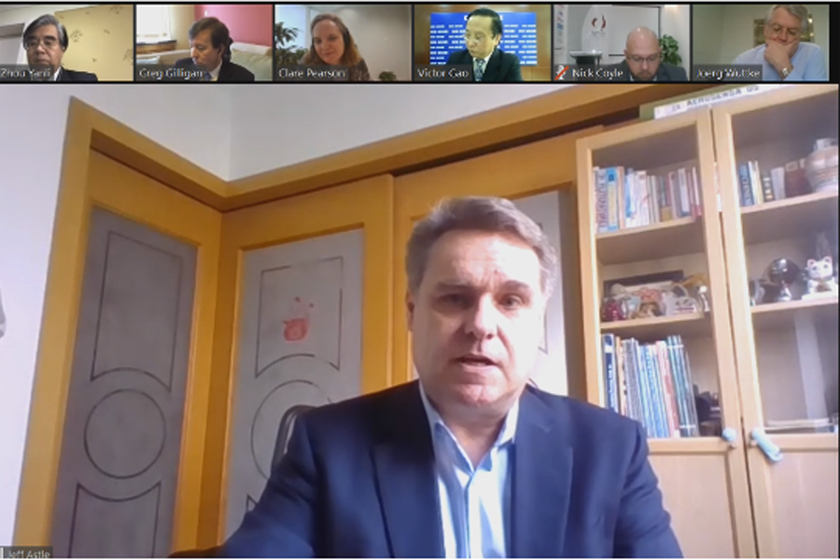
Jeff Astle, managing director of APCO Worldwide Shanghai, said that the economic stimulus package China has launched to cope with the crisis due to the pandemic is more effective and targeted than that launched in 2008.
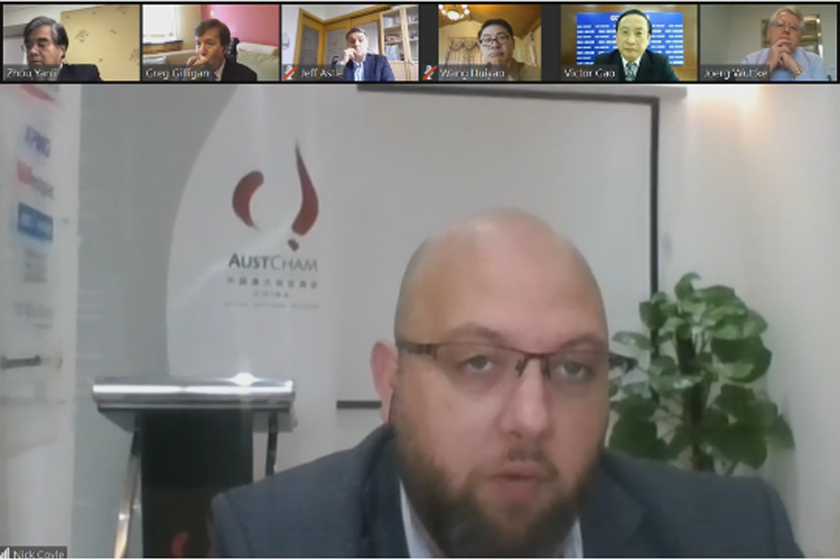
Nick Coyle, CEO and executive director of the Australian Chamber of Commerce in Beijing, said that China and Australia have achieved progress in cooperation in fighting the epidemic, and hope to boost cooperation in the future.
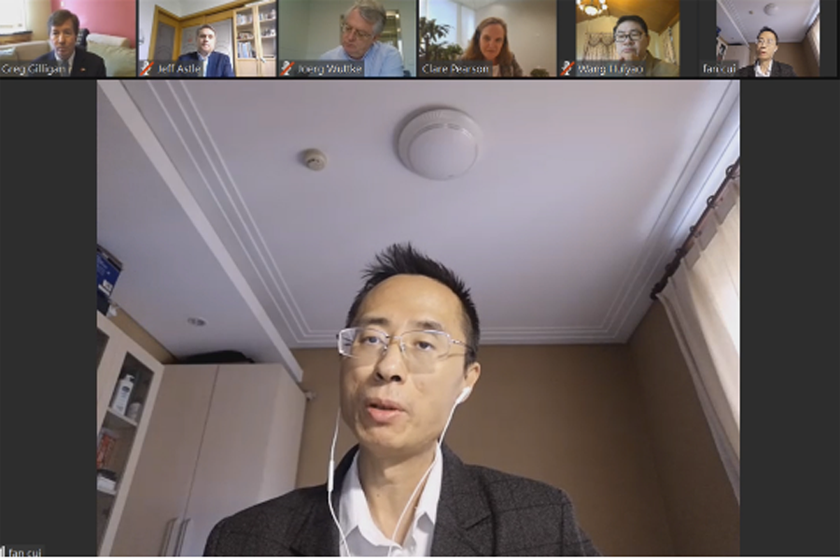
Cui Fan, professor at the University of International Business Economics (UIBE), emphasized that international community should cooperate and strive to reduce protectionism. He suggested decreasing tariffs in response to the pandemic.
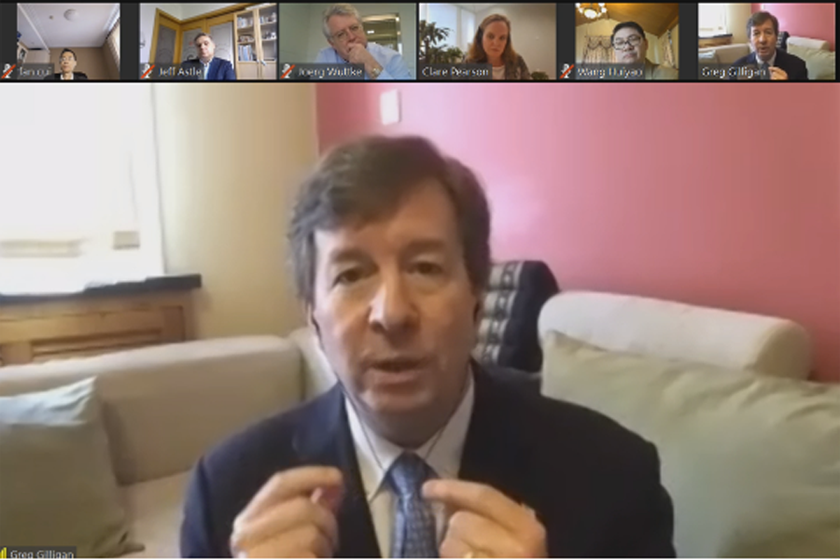
Greg Gilligan, chairman of the American Chamber of Commerce in China, highlighted that although there is a crisis, a significant portion of the membership of AmCham in China will maintain previously planned investment levels, up 17% from last month’s survey.
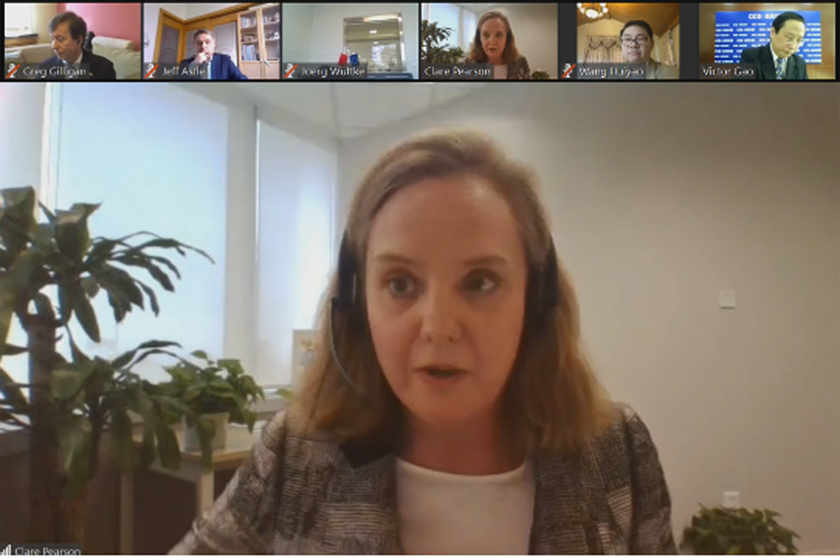
Clare Pearson, former Chair of the British Chamber of Commerce in China, said that this is not the time for rivalry between the US and China. She emphasized that we are living in an era of a common struggle against the pathogen and that anyone trying to turn this moment into a political conflict has completely missed the point of where we are now.

Joerg Wuttke, president of the European Chamber of Commerce in China,stated that better coordination of fiscal and monetary stimulus measures would be beneficial to limit the economic damage caused by COVID-19, as coordination is still lacking at present.
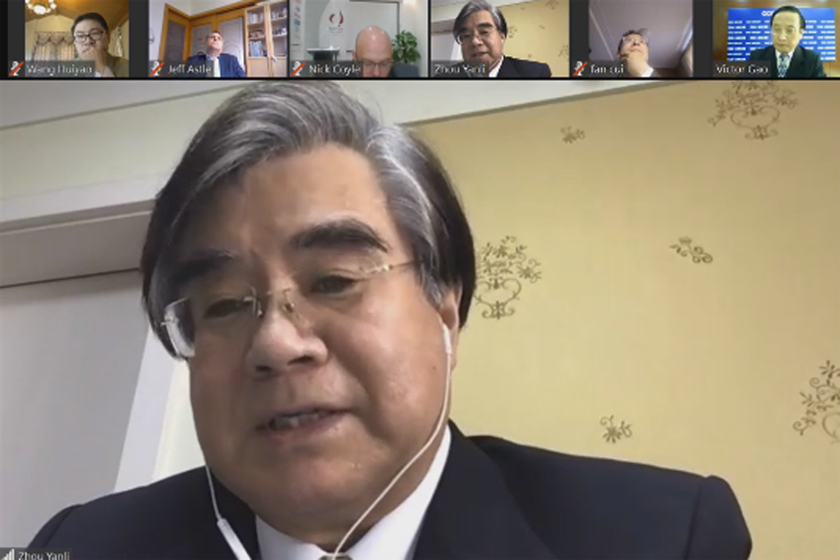
Zhou Yanli, CCG advisor and former vice chairman of China Insurance Regulatory Commission, said that we should expand coverage of short-term export credit insurance, and also improve policies related to export rebates to reduce cost burdens on enterprises, while strengthening cooperation with major trading partners.
